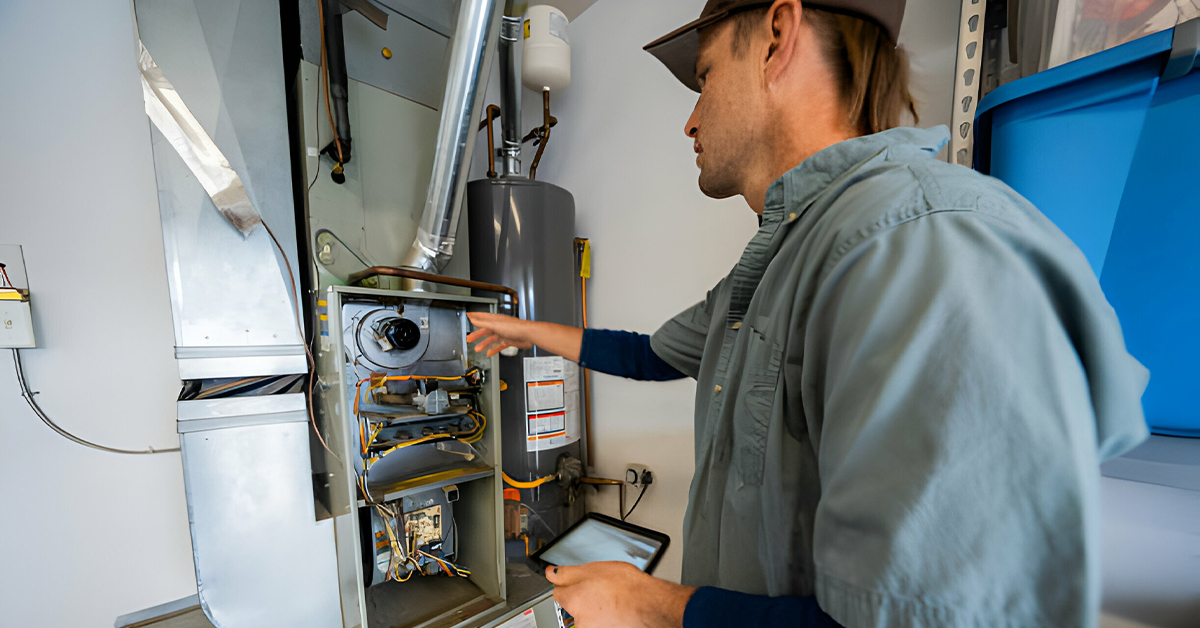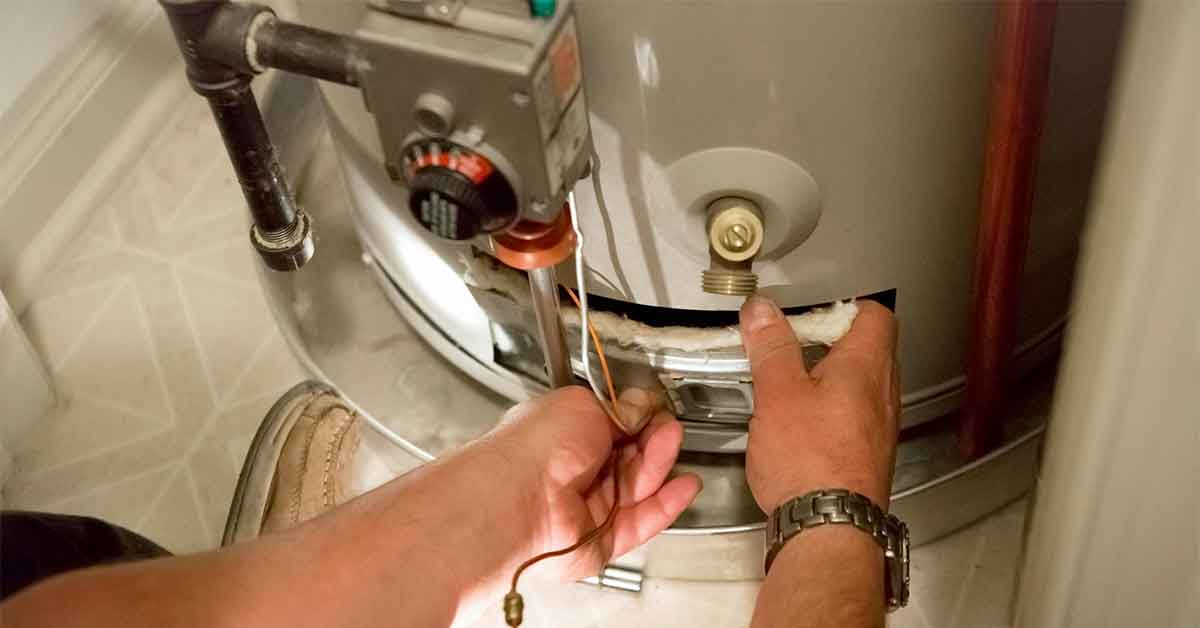Blog


4 Disadvantages of Indirect Water Heaters and Fundamentals
Imagine a cold winter morning without the comfort of a hot shower. Sounds unpleasant, right? That’s where the unsung hero of our homes – the water heater – plays a crucial role. Understanding and maintaining your water heater is key to ensuring a constant supply of hot water, maximizing energy efficiency, and avoiding unexpected breakdowns. In this guide, we’ll dive into the essentials of water heater wisdom for a hassle-free experience at home.
Understanding Your Water Heater
Different Types and Their Operations
- Conventional Storage Tank Heaters: These are the most common, keeping a tank of hot water ready at all times.
- Tankless Water Heaters: These provide hot water on demand, heating water directly without the use of a storage tank.
- Heat Pump Water Heaters: These transfer heat from the air or ground to heat the water, offering an energy-efficient option.
- Solar-Powered Heaters: These harness solar energy, an eco-friendly option but with a higher initial investment.
The Importance of Regular Maintenance
Regular maintenance extends your water heater’s lifespan, ensures safety, and maintains energy efficiency. It helps in identifying issues before they turn into costly repairs. Annual check-ups are recommended, which include inspecting critical components and flushing the tank to remove sediment.
DIY Maintenance Tips for Your Water Heater
Simple Steps to Keep Your Heater in Top Shape
- Inspect the Pressure Relief Valve: This valve prevents overpressure. Test it yearly by lifting the lever and checking if water flows freely.
- Drain the Tank Annually: Draining the tank removes sediment that can cause corrosion and reduce heating efficiency.
- Check the Anode Rod: The anode rod protects against rust. Replace it if significantly corroded.
- Adjust the Thermostat: Set it to a comfortable temperature, typically around 120°F, to save energy.
Common Water Heater Problems and Solutions
Tackling the Most Frequent Issues
- Inconsistent Water Temperature: This could be due to a malfunctioning thermostat or a broken heating element.
- Rumbling Noises: Often caused by sediment buildup. Flushing the tank should help.
- Leaks: Leaks can be due to loose connections, a corroded tank, or a faulty pressure relief valve. Some leaks can be tightened or sealed, but a leaking tank often indicates it’s time for a replacement.
When to Replace Your Water Heater
Knowing When to Upgrade
- Age: Consider replacement if your heater is over 10-15 years old.
- Frequent Repairs: Constant need for repairs could be a sign that your water heater is nearing the end of its lifespan.
- Rising Energy Bills: An inefficient water heater can increase your energy costs.
Choosing the Right Water Heater for Your Home
Factors to Consider
- Size: Ensure the heater’s capacity meets your household’s hot water needs.
- Energy Efficiency: Look for models with high energy efficiency ratings to save on utility bills.
- Fuel Type: Consider the availability and cost of fuel types like gas, electricity, or solar.
- Budget: Balance the upfront cost with long-term savings and efficiency.
Professional Installation and Why It Matters
Professional installation of a water heater is crucial for safety and optimal operation. Improper installation can lead to energy loss, decreased efficiency, and even safety hazards. Plus, it ensures adherence to warranty requirements and local building codes.
Energy Efficiency and Your Water Heater
Enhancing Efficiency
- Insulation: Insulating your water heater and the pipes can reduce heat loss.
- Regular Maintenance: Keeps the system running efficiently.
- Upgrade to Energy-Efficient Models: Modern heaters are more efficient and can significantly reduce energy consumption.
The Future of Water Heating Technology
Innovations on the Horizon
The water heater industry is evolving, with new technologies offering greater efficiency and eco-friendliness. Smart water heaters, tankless models, and solar-powered options are leading the way, offering homeowners more control, efficiency, and sustainable choices.
Water Heater Safety Tips
Ensuring Safe Operation
- Regular Inspections: Keep an eye on the overall condition of your water heater.
- Clear Space: Maintain clearance around your water heater to prevent fire hazards.
- Monitor Pressure: Keep the pressure within safe limits to avoid damage or accidents.
Conclusion
Your water heater is an indispensable part of your home comfort system. With the right knowledge, regular maintenance, and when necessary, the choice of an energy-efficient upgrade, you can enjoy hassle-free hot water at home. Remember, being proactive about your water heater’s health not only ensures a steady supply of hot water but also contributes to energy conservation and cost savings. Stay warm, stay efficient, and let your water heater work its silent magic in your home.



